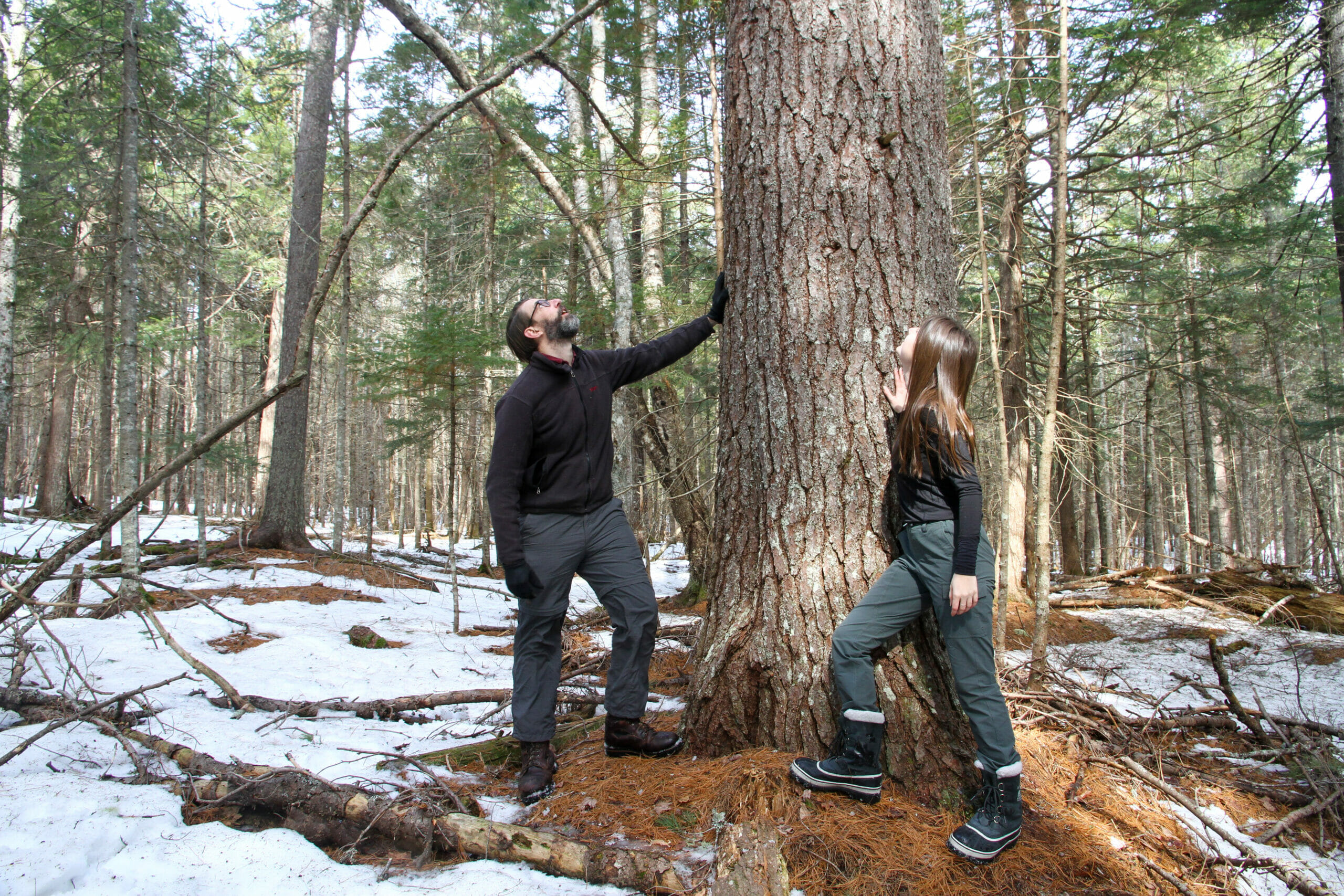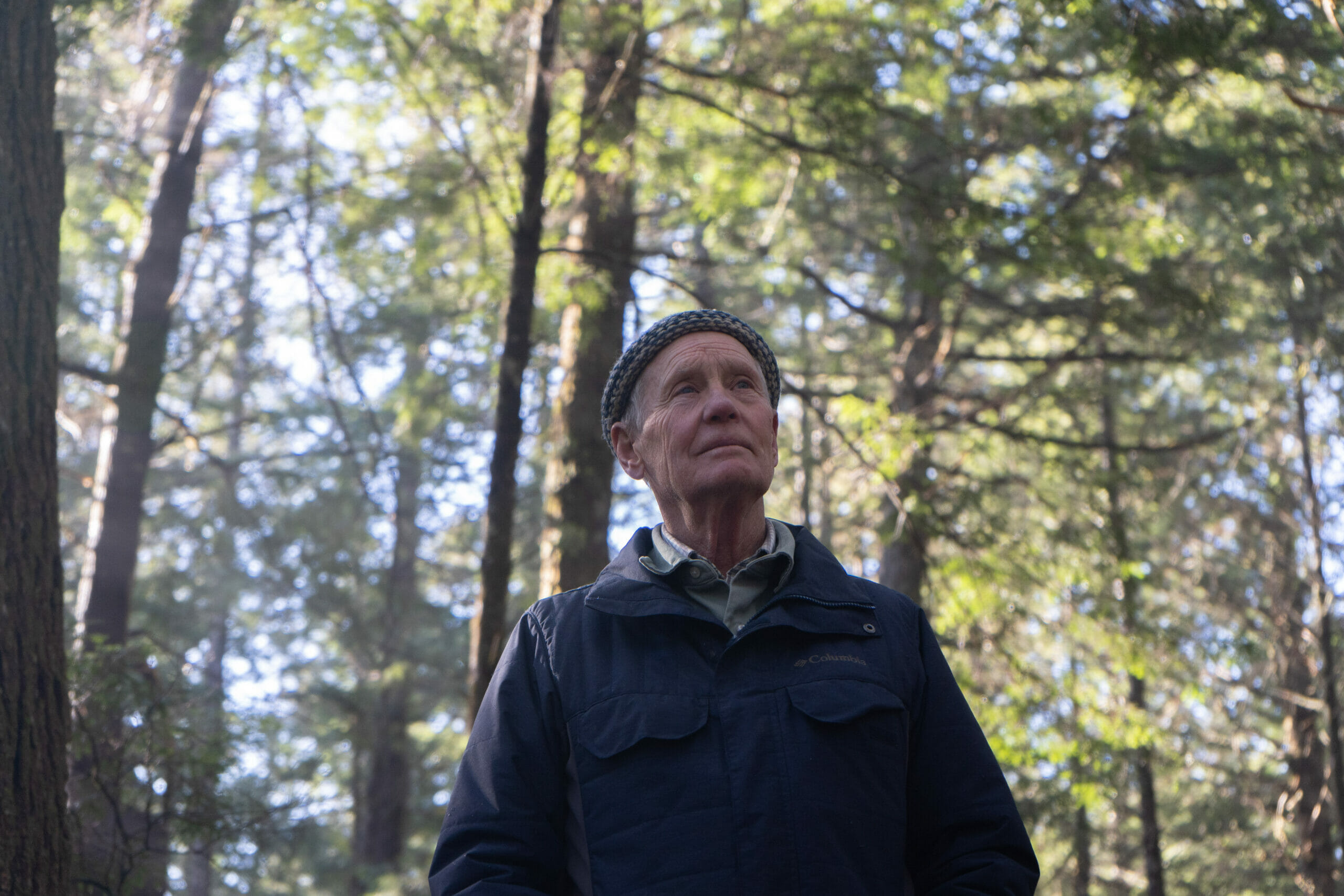Exploring Climate-Smart Forest Management
By Rebecca Jacobs, Posted on May 11, 2023
“Climate-smart forestry.” “Ecological forest management.” “Climate-adaptive silviculture.”
You may have heard these words before, but what do they mean? In this article, dive into what ecological forestry is, and how you or someone you know can apply it to their land. We’ll also look at some of the climate benefits that come from implementing these best practices.
The Essence of Ecological Forest Management
Ecological forest management, also known as climate-smart forest management, is a holistic approach that prioritizes the long-term health of forests and their ecosystems while considering the needs of local communities. It seeks to strike a balance between conservation and sustainable use, ensuring the long-term health and vitality of our shared forests for all who call them home.
Ecological forestry is an approach to managing forests that focuses on preserving biodiversity, protecting water quality, and providing other ecological benefits. By applying best practices for ecological forestry, landowners can help to protect their forests from climate change while also providing economic benefits for themselves.
As climate change poses increasing threats to our planet, family forest owners play a vital role in building climate resilience. By embracing ecological best practices, such as restoring degraded areas and promoting biodiversity, family forest owners contribute to carbon sequestration, mitigating climate change, and creating habitats that are more resilient to future climatic conditions.

Ecological forestry focuses on preserving biodiversity, protecting water quality, and other long-term climate benefits.
Principles and Best Practices of Climate-Smart Forest Management
1. Conservation and Restoration:
Preserving existing forests and restoring degraded areas are at the core of ecological forest management. By safeguarding intact forests from deforestation and degradation, we protect vital carbon sinks and biodiversity hotspots. Simultaneously, restoring degraded landscapes through reforestation and native species planting rejuvenates ecosystems and enhances carbon sequestration.
2. Biodiversity Conservation:
Valuing and safeguarding biodiversity is crucial in climate-smart forest management. Forests teem with an incredible diversity of plant and animal species, all interconnected in intricate webs of life. By protecting and promoting biodiversity, we maintain resilient ecosystems capable of adapting to climate change and ensuring the survival of countless species.
3. Sustainable Harvesting:
When it comes to utilizing forest resources, sustainability is key. Climate-smart forest management emphasizes responsible and selective harvesting practices. This includes careful planning, minimizing the ecological impact, and implementing measures to promote natural regeneration. By adopting sustainable harvesting techniques, we ensure the long-term productivity of forests while minimizing negative environmental consequences.

Ecological forest management offers family forest owners a profound opportunity to leave a positive legacy for future generations.
4. Community Engagement and Empowerment:
Communities living near forests are integral stakeholders in ecological forest management. Their knowledge, traditions, and needs must be respected and incorporated into decision-making processes. Engaging communities, empowering local stakeholders, and fostering collaborative partnerships are fundamental for successful climate-smart forest management initiatives. Ecological forest management can also have financial benefits for family forest owners. By implementing sustainable harvesting practices, diversifying income streams, and exploring opportunities in the emerging forest carbon market, family forest owners can create economic value while ensuring the long-term sustainability of their forests. This financial stability helps secure the legacy they wish to pass on to future generations.
Our vision at Community Forests International is a future where people and forests thrive together. Climate-smart forest management is a cornerstone of how we work to make this future a reality. We recognize this as not only our responsibility but also our greatest potential for long-term climate and community benefits.
You too can play an active role in mitigating climate change, preserving biodiversity, safeguarding vital water resources, and securing a brighter future for generations to come. Learn more about climate-smart forest practices here.
